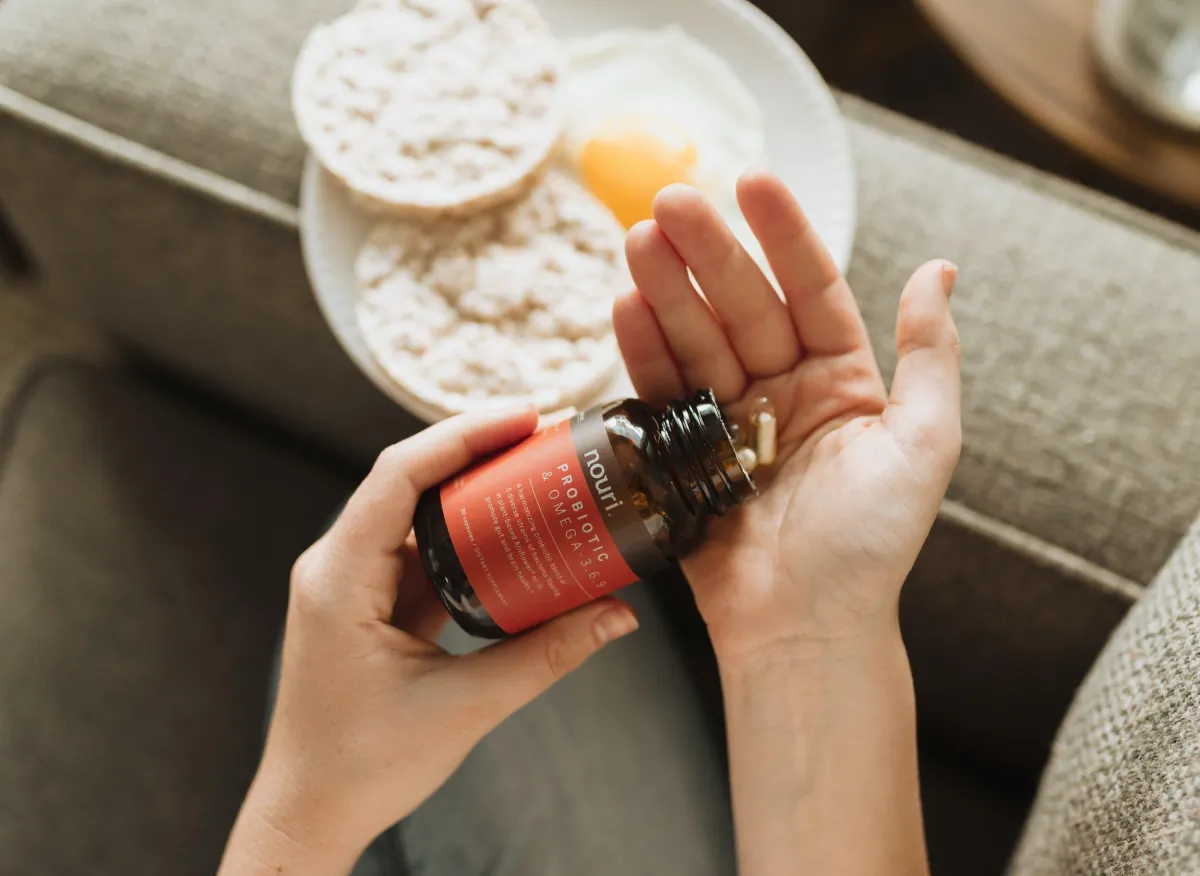
Probiotics & Gut Health: Why Good Bacteria Matter More Than You Think
Probiotics: The Tiny Organisms Your Body Can’t Live Without
By Dr. Caroline Ware, DOM
Probiotics — literally meaning “for life” — are vital to your health. In fact, for every human cell, there are 10 microbial cells living on or inside you. These tiny organisms form what we now refer to as the microbiome, and their influence on digestion, immunity, and even mental health is profound.
While many people associate probiotics with digestion, their role goes far beyond the gut. They’re found in the colon, skin, mouth, joints, nasal cavity, urinary tract, and more — playing a crucial role in nearly every bodily function.
What Are Probiotics, Really?
You may have heard them called gut flora, live cultures, acidophilus, bifidus, or biome. Regardless of the name, these are the beneficial bacteria that support digestion, immune regulation, detoxification, nutrient synthesis, and even your mood.
We depend on them, and they depend on us — it’s truly a symbiotic relationship, like “a bird on the back of a rhino.”
5 Evidence-Based Benefits of Probiotics
1. They Regulate Digestion
Probiotics are known to ease both constipation and diarrhea by balancing the gut flora (Amenta et al., Eur Rev Med Pharmacol Sci, 2006). If you notice discomfort when first starting probiotics, that may be a sign they’re doing their job — killing off pathogens and rebalancing the gut. In those cases, I often recommend temporarily increasing probiotic dosage, along with Vitamin C and magnesium to help support detoxification and bowel regularity.
2. They Support Immune Function — Even Against Cancer
Up to 70% of the immune system resides in the gut. Some strains of probiotics have been shown to stimulate anti-cancer compounds and regulate immune responses (Rafter, Am J Clin Nutr, 2003). A Japanese study found a link between probiotic use and decreased risk of bladder cancer (Mitsuoka, Bifidobacteria and Microflora, 1992).
3. They Help Prevent Colds & Flu
A study in New Delhi found children aged 2–5 who took Lactobacillus acidophilus daily for six months experienced significantly fewer colds, fevers, and digestive upsets than those in a placebo group (Saran et al., 2002).
4. They Help Produce Vitamins B & K
Probiotics help synthesize vitamin B12, folate, and vitamin K2 in the colon. Deficiencies in these can lead to nerve pain, easy bruising, and fatigue — often seen when the gut is out of balance.
5. They Influence Mood & Brain Function
Known as the gut-brain axis, emerging research shows that probiotics help regulate neurotransmitters like serotonin, leading to improved mood, sleep, and reduced anxiety (Dinan & Cryan, Biol Psychiatry, 2017).
How We Destroy Probiotics (Often Without Realizing It)
1. Antibiotics — in Medicine and Food
While most people know medications like antibiotics kill gut bacteria, fewer realize that conventional meat, dairy, and eggs often contain antibiotic residues. When possible, choose organic or pasture-raised animal products to avoid unintended damage to your microbiome.
2. Processed Foods
Refined carbs, sugars, and white flour feed pathogenic bacteria and yeast, crowding out your good flora. Probiotics thrive on fiber-rich prebiotics like garlic, onion, chicory root, asparagus, and Jerusalem artichoke.
3. Chronic Stress
Stress alters the gut microbiome and increases intestinal permeability (leaky gut). But thankfully, probiotics help modulate your stress response in return. It’s a two-way street.
How to Get More Probiotics
1. Use a Broad-Spectrum Probiotic Supplement
Start with a high-quality probiotic containing multiple strains. I often guide patients through a “re-inoculation” phase: start at the suggested dose and increase daily until you get a well-formed bowel movement. Then maintain that dosage for about a month before tapering down.
Look for strains such as:
Lactobacillus acidophilus
Lactobacillus rhamnosus
Lactobacillus reuteri
Bifidobacterium bifidum
Bifidobacterium longum
2. Eat Fermented Foods (The Right Ones)
Not all fermented foods are created equal. Skip sugary kombucha and beer-based ferments. Instead, choose:
Sauerkraut (ingredients should be just cabbage and sea salt — no vinegar)
Kimchi
Coconut yogurt
Kefir (if dairy-tolerant)
Fermented vegetables
Final Thoughts
The science of the microbiome is expanding rapidly — but one thing is clear: your gut bacteria influence almost everything about your health. Taking care of them means taking care of you.
If you’re struggling with digestion, fatigue, anxiety, or chronic illness, rebuilding your gut may be the first place to start.
Need help selecting the right probiotics or figuring out what’s going on in your gut? Book a Starter Session today — and let’s uncover the root cause together.

